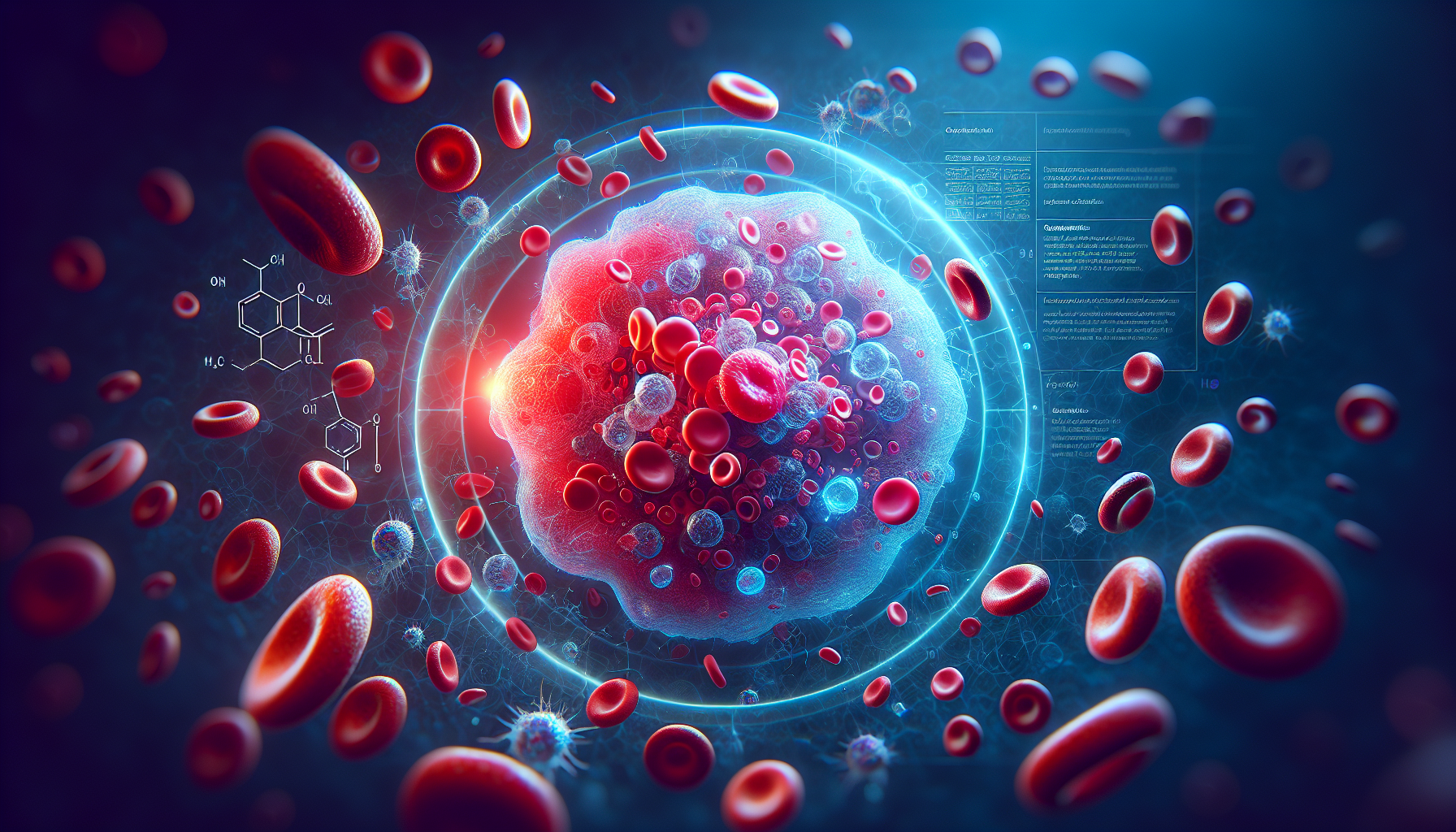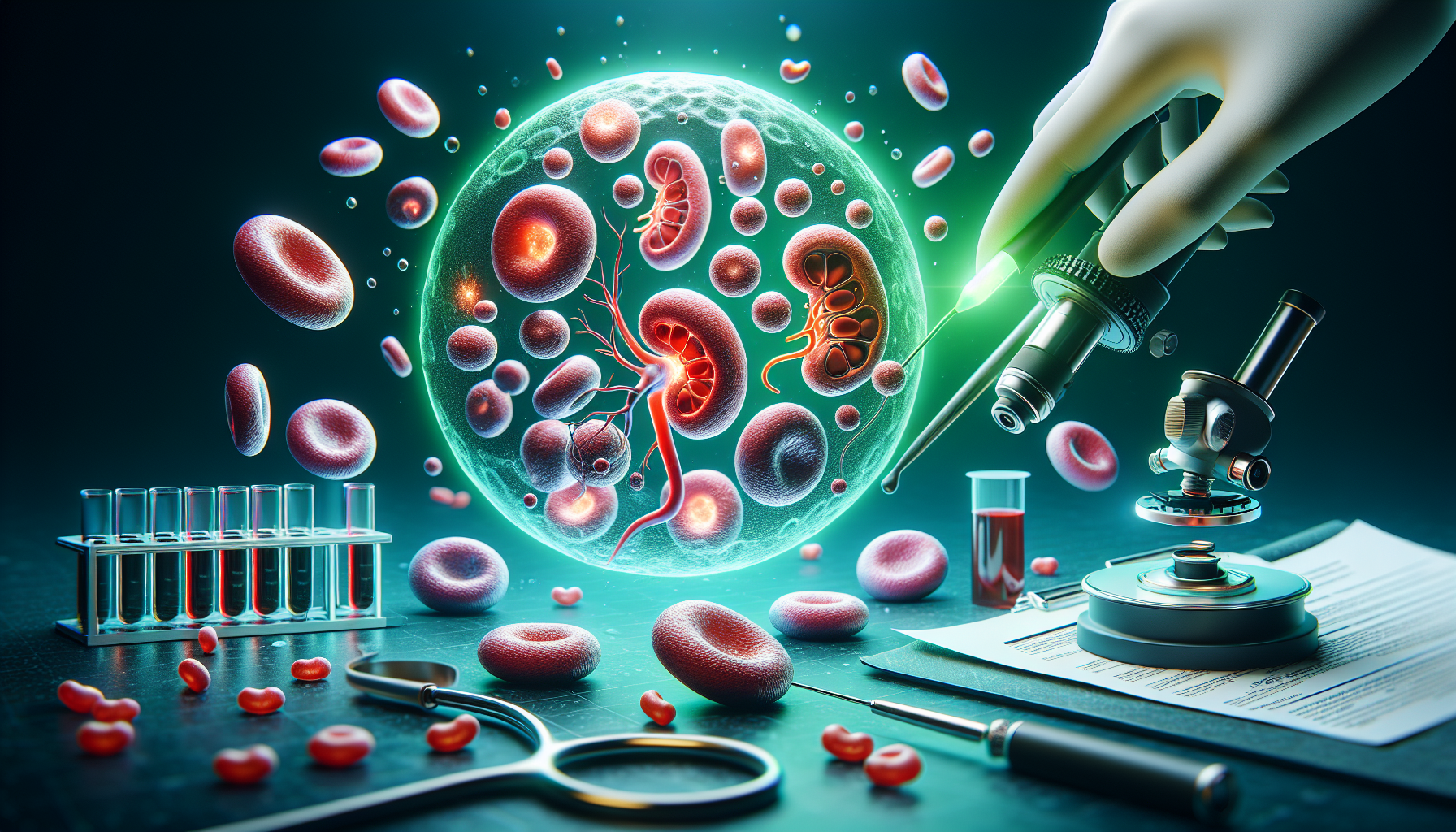Advancements in Myotonic Dystrophy Type 1 Treatment with AOC 1001
Key Takeaways
- AOC 1001, developed by Avidity Biosciences, combines a monoclonal antibody and small interfering RNA to target the genetic root of myotonic dystrophy type 1, showing promising results in slowing disease progression.
- The FDA has granted AOC 1001 a breakthrough therapy designation due to its potential to significantly improve treatment outcomes over existing therapies.
- The global phase 3 HARBOR study is currently underway to further assess the efficacy and safety of AOC 1001, following promising data from the phase 2 MARINA trial.
Did You Know?
Introduction to AOC 1001
AOC 1001, developed by Avidity Biosciences, represents a significant advancement in the treatment of myotonic dystrophy type 1 (DM1), a rare muscular disease. This innovative therapy utilizes a combination of a monoclonal antibody and small interfering RNA to target the genetic root of DM1, offering hope to those affected by this condition.
FDA's Breakthrough Therapy Designation
The U.S. Food and Drug Administration (FDA) has recognized the potential of AOC 1001 by granting it a breakthrough therapy designation. This status is assigned to drugs that show substantial improvement over existing therapies on one or more clinically significant endpoints, highlighting the critical nature of this development in the medical field.
Global Phase 3 HARBOR Study
Avidity Biosciences has initiated the global phase 3 HARBOR study to further assess the efficacy and safety of AOC 1001. This large-scale trial is pivotal in determining the treatment's potential and involves numerous international research sites, aiming to enroll a substantial number of participants to validate the findings.
Insights from the MARINA Trial
The phase 2 MARINA trial provided promising data that paved the way for further investigation. The long-term, open-label extension of this trial revealed that AOC 1001 could significantly slow disease progression, offering improvements in muscle strength and patient-reported outcomes, which are crucial for enhancing the quality of life for individuals with DM1.
Understanding DM1 and Its Impact
Myotonic dystrophy type 1 is a genetic disorder that affects muscle function, leading to progressive weakness and other health issues. The disease is characterized by an inability of the muscles to relax normally, which can severely impact daily activities and overall well-being.
The Role of the Transferrin Receptor 1 in AOC 1001
The innovative approach of AOC 1001 involves targeting the transferrin receptor 1 with a monoclonal antibody. This strategy enhances the delivery of therapeutic agents directly to the affected cells, thereby increasing the treatment's effectiveness and specificity.
Challenges and Adverse Events in Treatment
While AOC 1001 shows great promise, like all treatments, it comes with potential adverse events. The most commonly reported issues in trials include mild to moderate symptoms such as nausea and headaches. However, these are typically manageable and do not detract significantly from the benefits provided by the therapy.
Future Prospects and Ongoing Research
The ongoing research and upcoming trials will provide further insights into the long-term efficacy and safety of AOC 1001. With continued advancements and positive results, this therapy could become a cornerstone in the management of DM1, changing the landscape of treatment for this challenging condition.
Community and Expert Reactions
The breakthrough therapy designation and promising trial results have been met with optimism by the medical community and advocacy groups. Experts in neuromuscular diseases and patient organizations have expressed hope that AOC 1001 will offer a significant improvement in the lives of those with DM1.
Conclusion
The development of AOC 1001 marks a pivotal moment in the fight against myotonic dystrophy type 1. As research progresses, the potential for this therapy to provide a meaningful improvement in the lives of patients is becoming increasingly apparent, underscoring the importance of innovative approaches in genetic and rare diseases.






